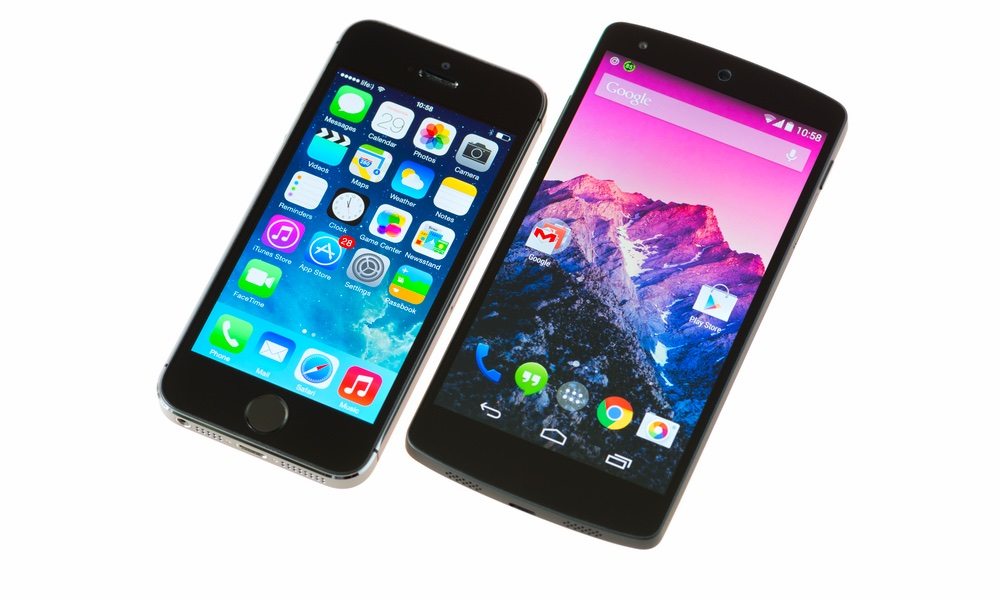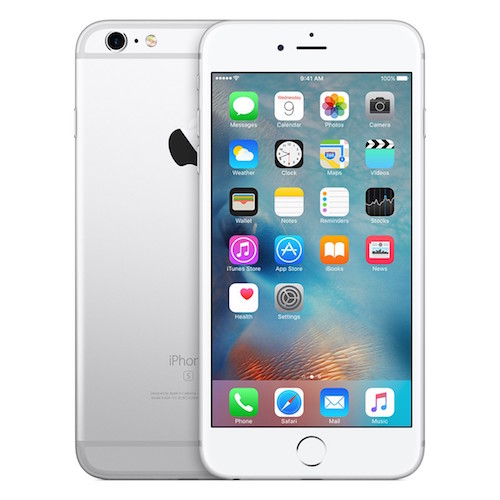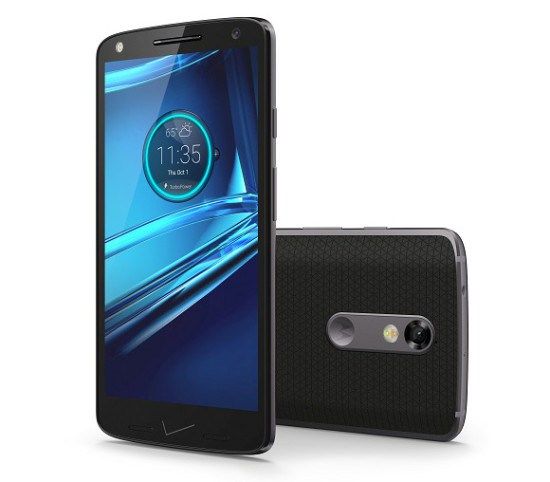Why Your Smartphone Battery Will Likely Never Last More than a Single Day

Toggle Dark Mode
Year after year, Apple brings to market the latest and greatest iPhone models — which typically boast more power efficient chipsets and larger batteries than their predecessors. And, perhaps understandably, year after year, iPhone enthusiasts get hot and fussy about the concept of Apple’s newest iPhone being able to last longer then a day — perhaps even two or three, in an ideal world.
Unfortunately, however, that fantasy is typically debunked when eager and expectant customers come realize that each successive generation’s battery is, well, basically incapable of such a technological feat — and that, if they’re lucky, maybe they can eek 10 or perhaps 12 hours out of the device. Isn’t that what Apple advertises, though?

Even the top-tier iPhone 6s Plus, with its supple 2,750 mAh Li-Ion battery, only gets about 11-12 hours of web browsing before it needs to be juiced up again.
And while I think I can speak on behalf of most users — in that we’d graciously appreciate a battery that can last up to, or even more than, a single day — unfortunately, even Lithium-Ion battery experts have indicated that’ll likely never be the case.
As Chief Scientific Officer at battery research firm Wildcat Discovery Technology, Dee Strand, best puts it: most smartphone battery technology is improving quite rapidly, year after year. The problem, according to Strand, is that the incorporation of new features are weighing down on the battery life of these increasingly powerful devices.
“I love this question,” Strand indicated during a recent interview with reddit, when asked about the prospect of seeing devices featuring multiple days worth of battery life come to market. “The answer is never.”
“With every improvement in the battery, the cell phone company wants to add more features, because users want more features,” Strand said. “Bigger screen, brighter display, more apps, touch screen features, etc. All those features are designed to work such that your phone can (hopefully) last a day and recharge overnight. The batteries will continue to get better, of course, but the phone will continue to get even better too.”
New Features Will Always Come at the Cost of Battery Life
Strand noted that batteries will continue to increase in size and performance, most likely in line with how CPUs and graphics will improve with each successive generation. And with super-fast 5G data on the way, as well as increased buzz about a possible 5.8-inch iPhone we recently reported on, the iPhone’s power demands are set to only increase as we progress into the future.
And this reality is in no way exclusive to iPhone, either; in fact, most devices on the market today — such as popular Android offerings like Samsung’s Galaxy S6 — are subject to even poorer battery performance than the iPhone.
It seems as if a new type of battery technology, altogether, would likely be necessary in order to make a full charge last for multiple days. And while Apple has reportedly explored a few other options for future iPhone batteries — including fuel cells that burn clean energy, and even solar panels that might soon debut, most of these alternatives would more than likely come at the expense of serious drawbacks.

Fortunately, however, the future is wide open for emerging battery technologies. As we’ve seen, even in recent years, smartphone manufacturers have employed a plethora of new ways to keep your battery humming along for increasing stints of time — such as wireless changing, and even fast charging technology such as that utilized by Motorola’s Droid Turbo 2, which boasts a whopping 3,760 mAh battery that can supposedly charge from 0 to 50% in just 15 minutes.
So it’s only reasonable to assume that, as we continue to progress into the future, year after year, we might soon begin to see new battery technologies emerge. Of course, Apple and other smartphone manufacturer’s could always bulk up and incorporate a bigger battery pack in their devices, however that would only counteract most companies conquests to deliver thinner, lighter, more nimble devices — so perhaps we’ll just hedge our bets on the future of the battery itself.
Learn More: Apple Patents Slick New ‘Magnetically Detachable’ Wireless Earphones






